
Culture
20:43, 21-Aug-2018
Tea craftsman reveals the secrets of making Wuyi rock tea
Updated
20:42, 24-Aug-2018
CGTN
02:41
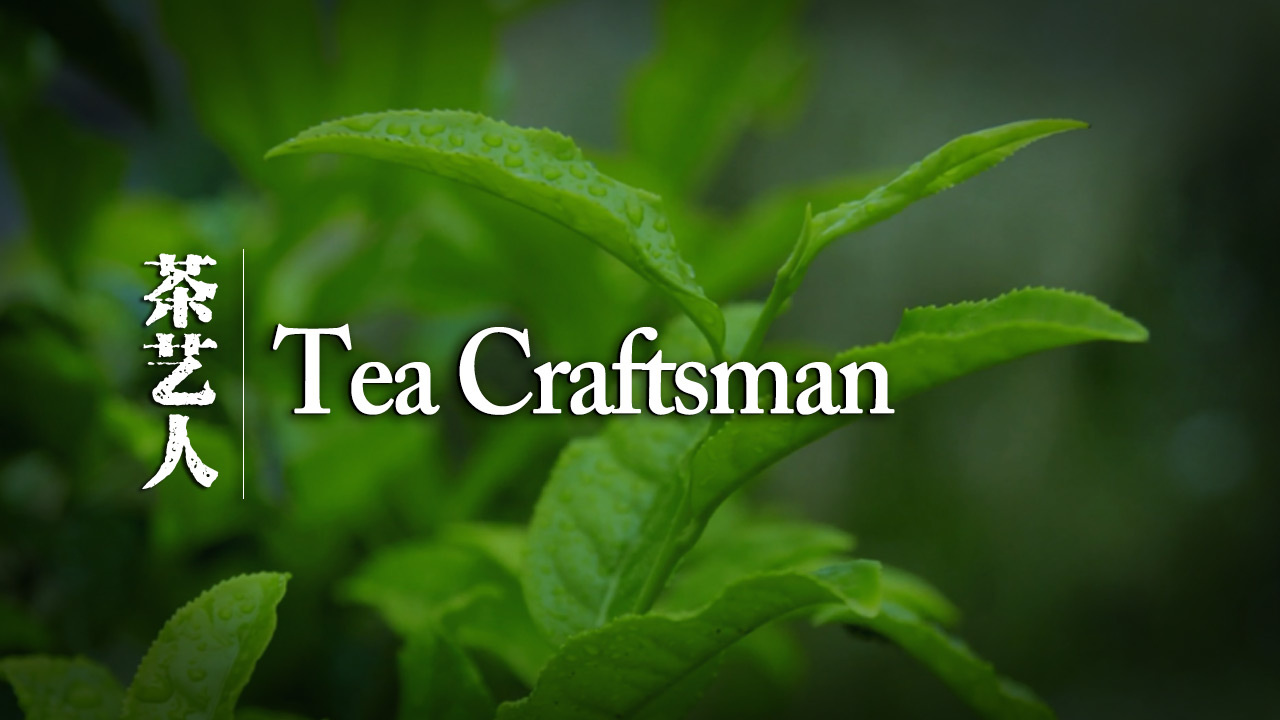
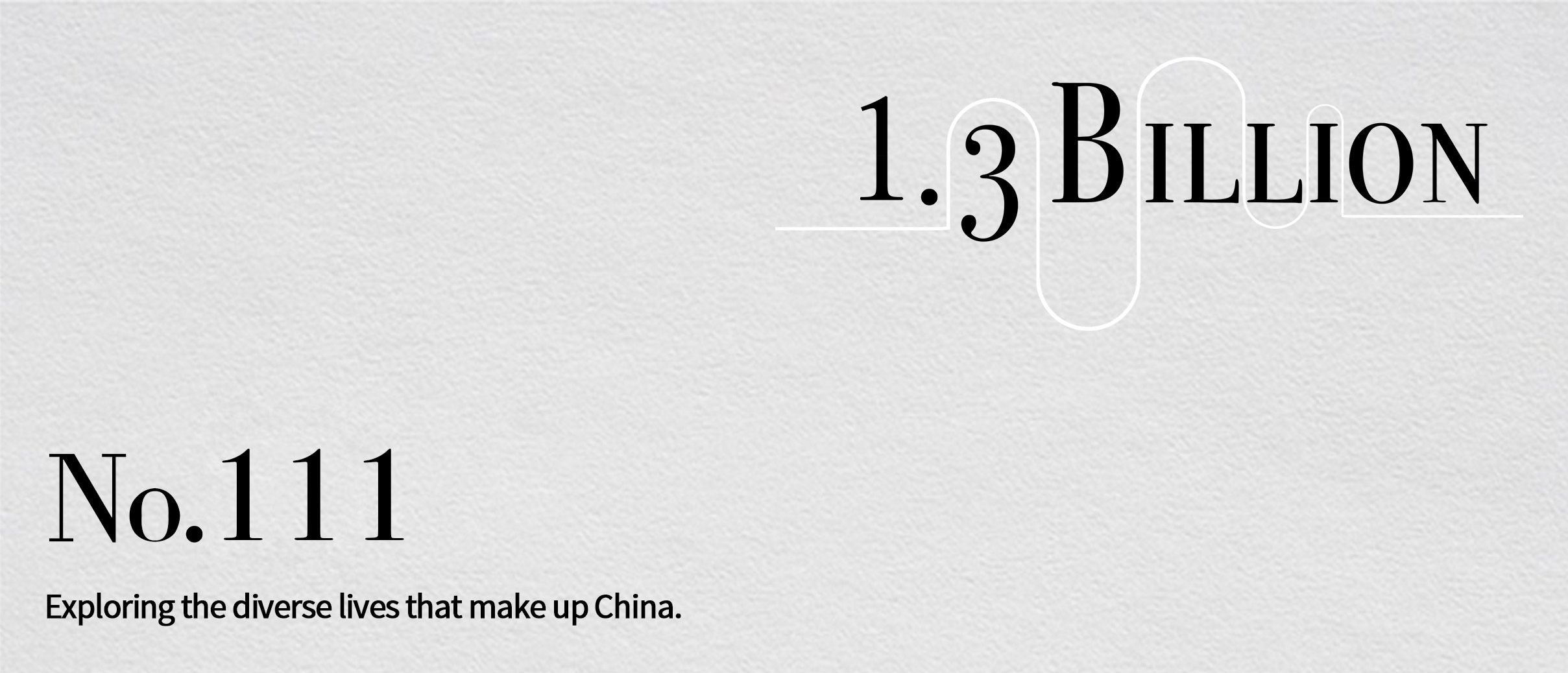
CGTN
CGTN
Situated in northern Fujian Province, the rugged and precipitous Wuyi Mountains is home of the Wuyi rock tea.
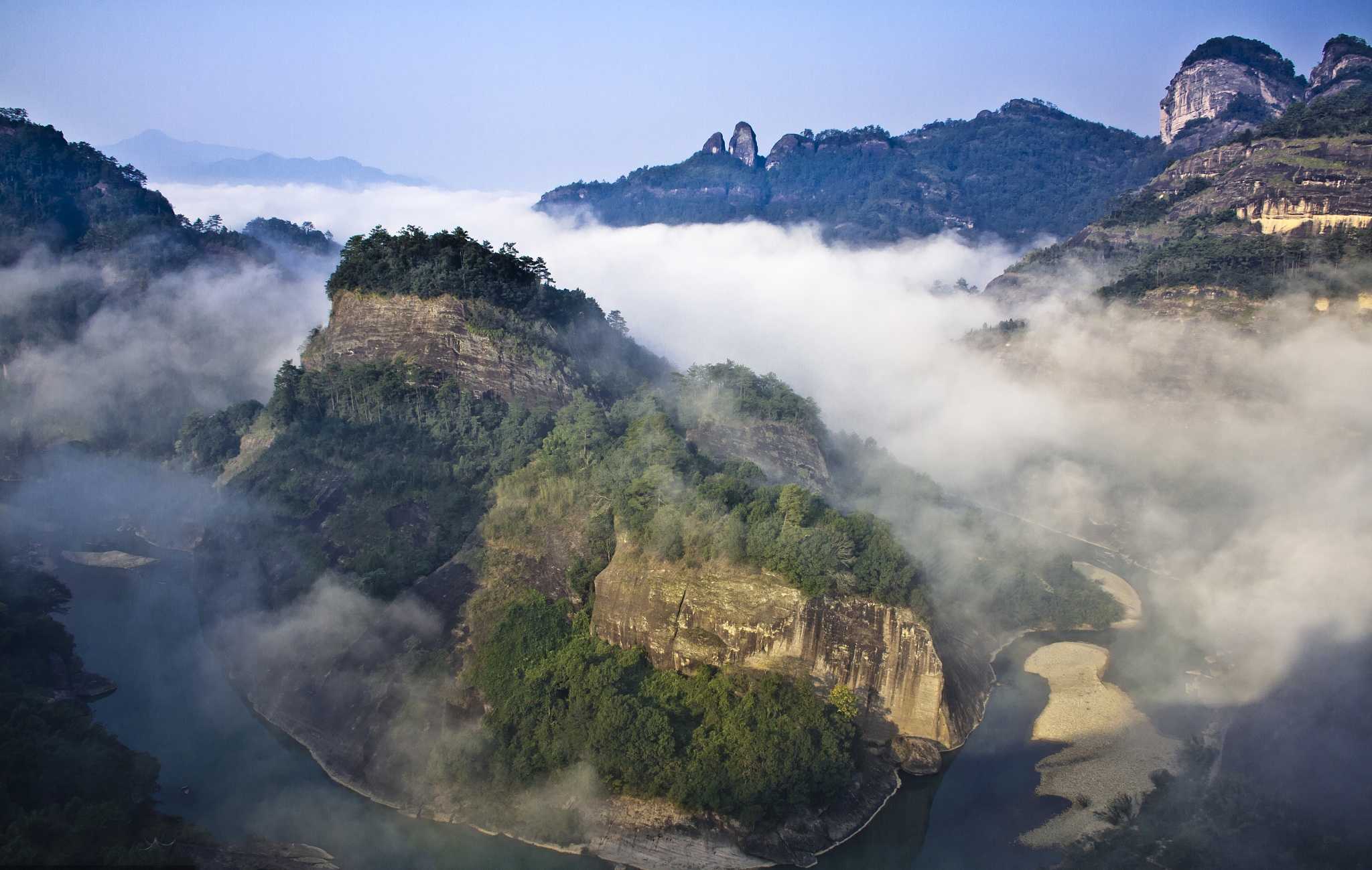
Wuyi Mountains, Fujian Province;/VCG Photo
Wuyi Mountains, Fujian Province;/VCG Photo
It can be processed to make several valuable varieties which share the similar "rocky charm." The unique aroma can only be born from the mountains' rocky terrain and through the special processing techniques.
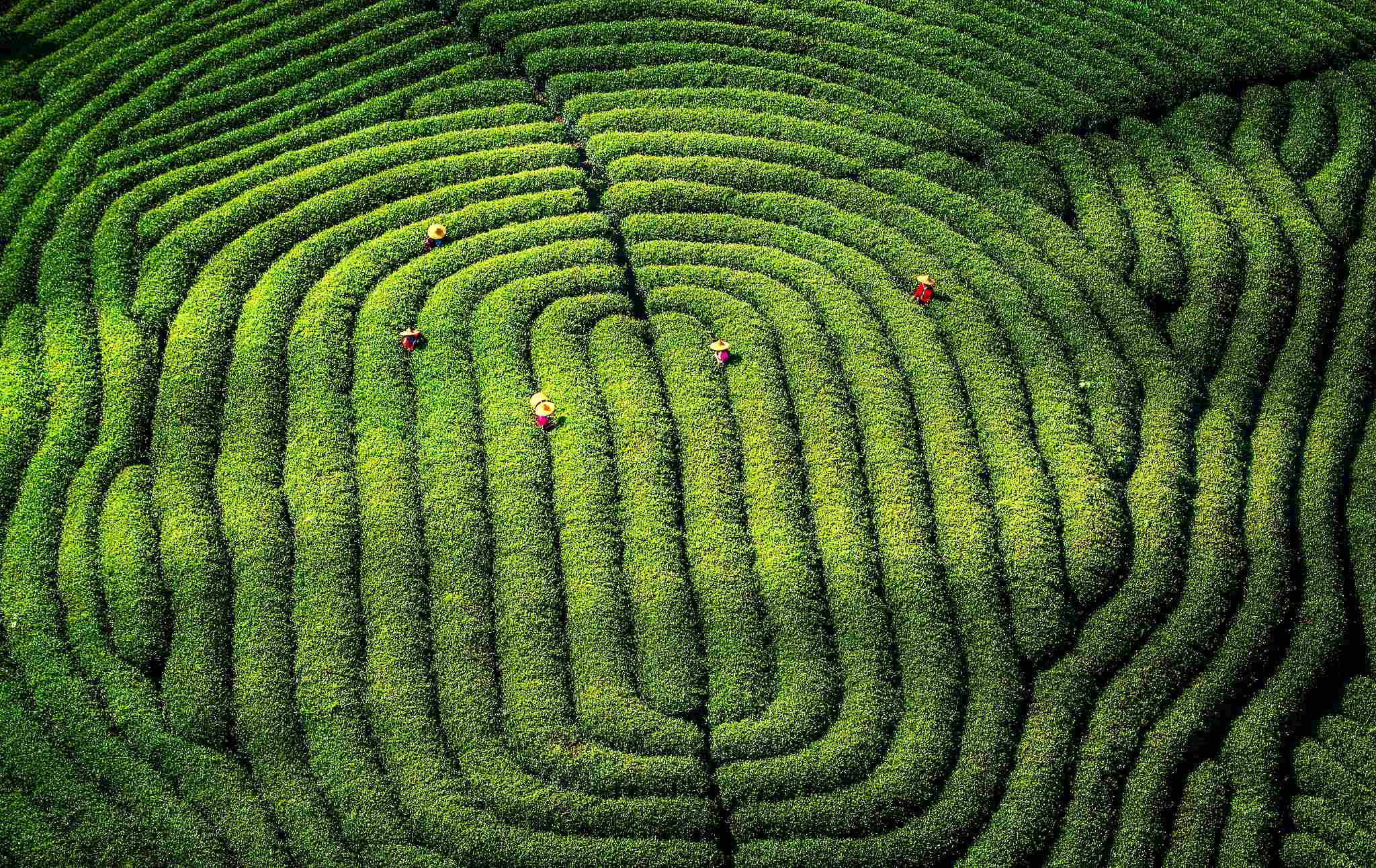
Local people are picking Wuyi Yancha (Rock tea);/VCG Photo
Local people are picking Wuyi Yancha (Rock tea);/VCG Photo
Liu Zheng is a tea craftsman that runs the Yongle Tea Factory in the region of the Wuyi Mountains. His father Liu Feng is the inheritor of the intangible cultural heritage of Wuyi tea, and the winner of many awards in tea making. Liu Zheng began to make tea 13 years ago. At first, both he and his father thought that the young boy was nowhere close to inheriting the family business.
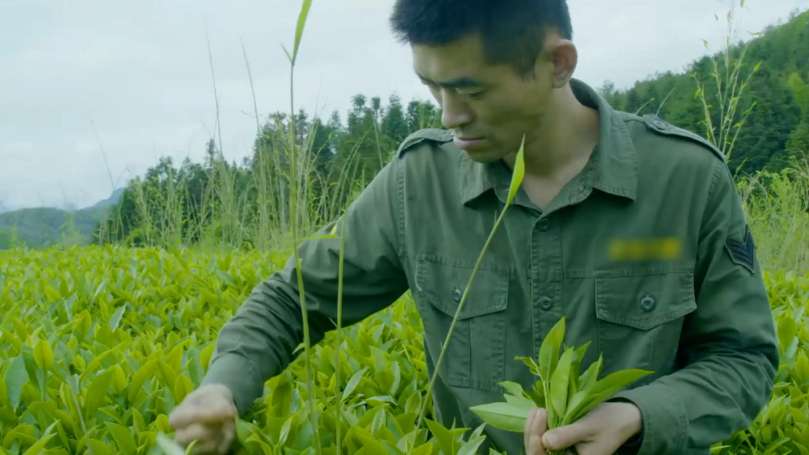
Liu Zheng./CGTN Photo
Liu Zheng./CGTN Photo
"After leaving school at 17, I lost myself in idleness for a while, before I saw that my mother was working really hard in tea sales. I wanted to help her. So I started learning about tea," says Liu. "Father let me try anything, making and tasting, etc. And I kept improving my skills."
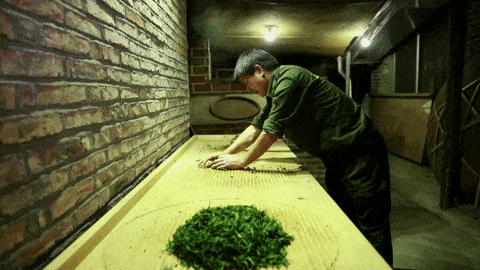
CGTN Photo
CGTN Photo
Tea became indispensable for Liu at the age of 18. All other workers went home for the Spring Festival when Liu was left guarding the factory. "I had tea every day, except on the very day that I was alone in the factory. I couldn't sleep, feeling that I missed something. Then I realized that it was a cup of tea."
So he drew water from the well in the freezing midnight and made himself some tea. He fell asleep minutes after drinking it.

CGTN Photo
CGTN Photo
"A tea worker is unqualified if he/she wouldn't pick up a fallen tea leaf." Hand-making tea requires ultimate control of the process. Even an insignificant error can result in the major change of flavor of the final product. "Making tea is like cultivating talents," says Liu.

Chinese star Liu Kaiwei (left) and Liu Zheng. /Photo courtesy of Sohu
Chinese star Liu Kaiwei (left) and Liu Zheng. /Photo courtesy of Sohu
The best Wuyi tea leaves can only be picked precisely from "Guyu (around Apr 20)" to "Lixia (around May 6)" in Chinese solar terms. The workers don't even have time to sleep during that period.
The tea-processing depends significantly on the weather and the leaves' conditions. Rainfalls and sunlight can affect the water content of the leaves, thus affect their withering and later chemical reactions which determine the flavor. Different leaves require different ways of processing.

CGTN Photo
CGTN Photo
The most important part of making Wuyi tea is charcoal roasting, which has to be done at night. For the outsiders, shaking and roasting the leaves manually all night long is very tedious. Yet, for Liu, tea has become an essential part of his life.
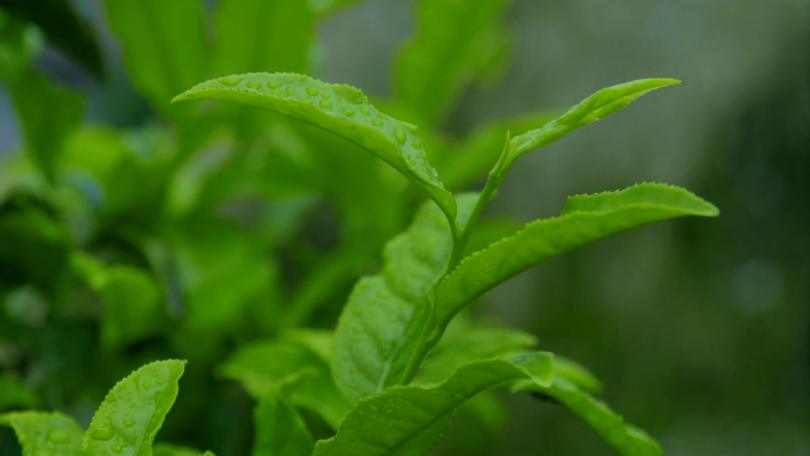
CGTN Photo
CGTN Photo

CGTN Photo
CGTN Photo
"You have to do it yourself if you want to do it right," he says. Although the tea-process usually takes only 20-30 days a year, the factory is always busy planting and breeding tea trees. They keep in touch with their customers while improving the flavors. The calluses on Liu's hands speak for themselves.

Photo courtesy of Sohu
Photo courtesy of Sohu
Inhering father’s job makes Liu feel "pretty stressed," "We inherited such solid foundations and valuable resources from the older generation. If we didn't work hard to improve ourselves, we'd become laughing stocks who lost everything their families had built."
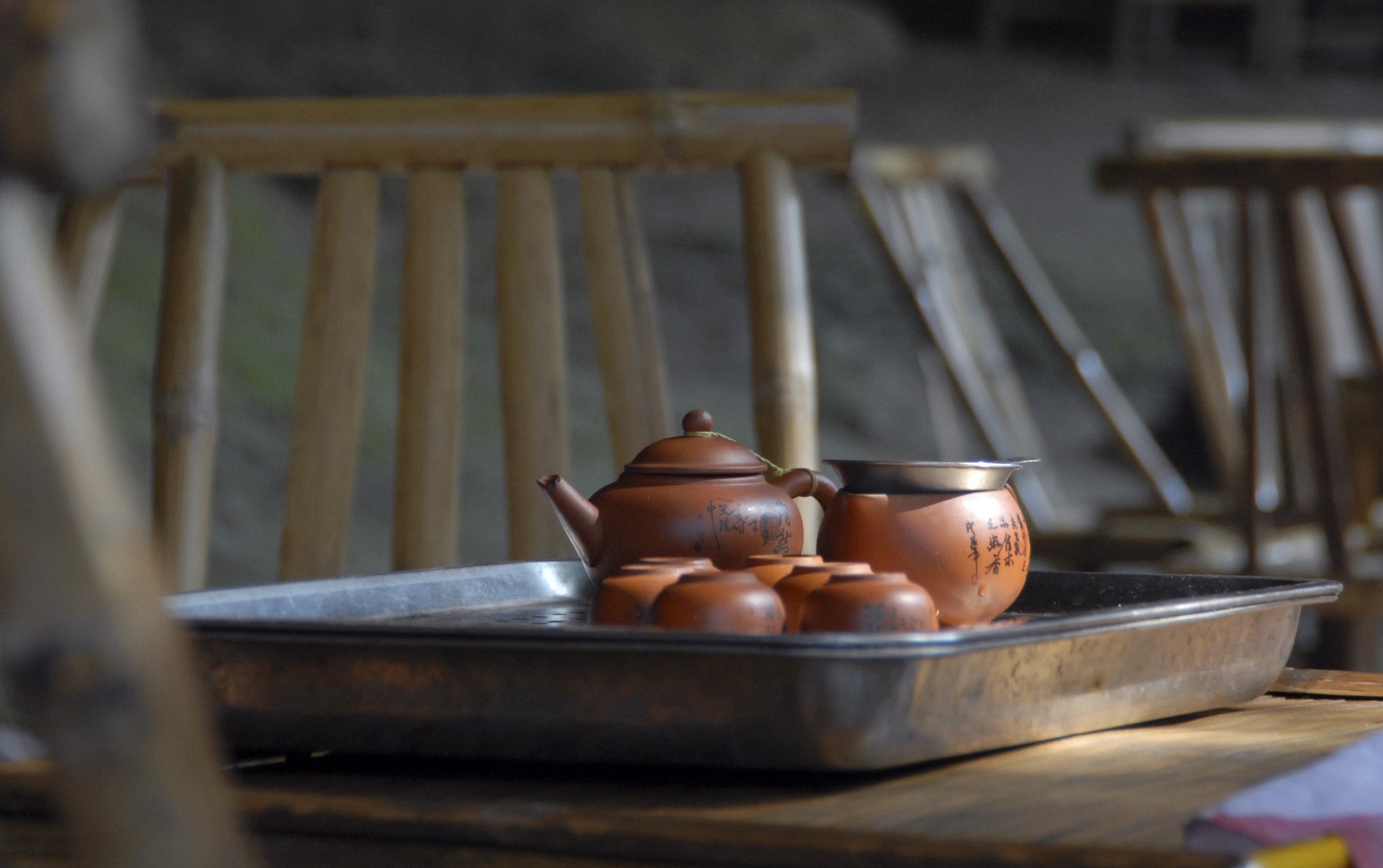
VCG Photo
VCG Photo
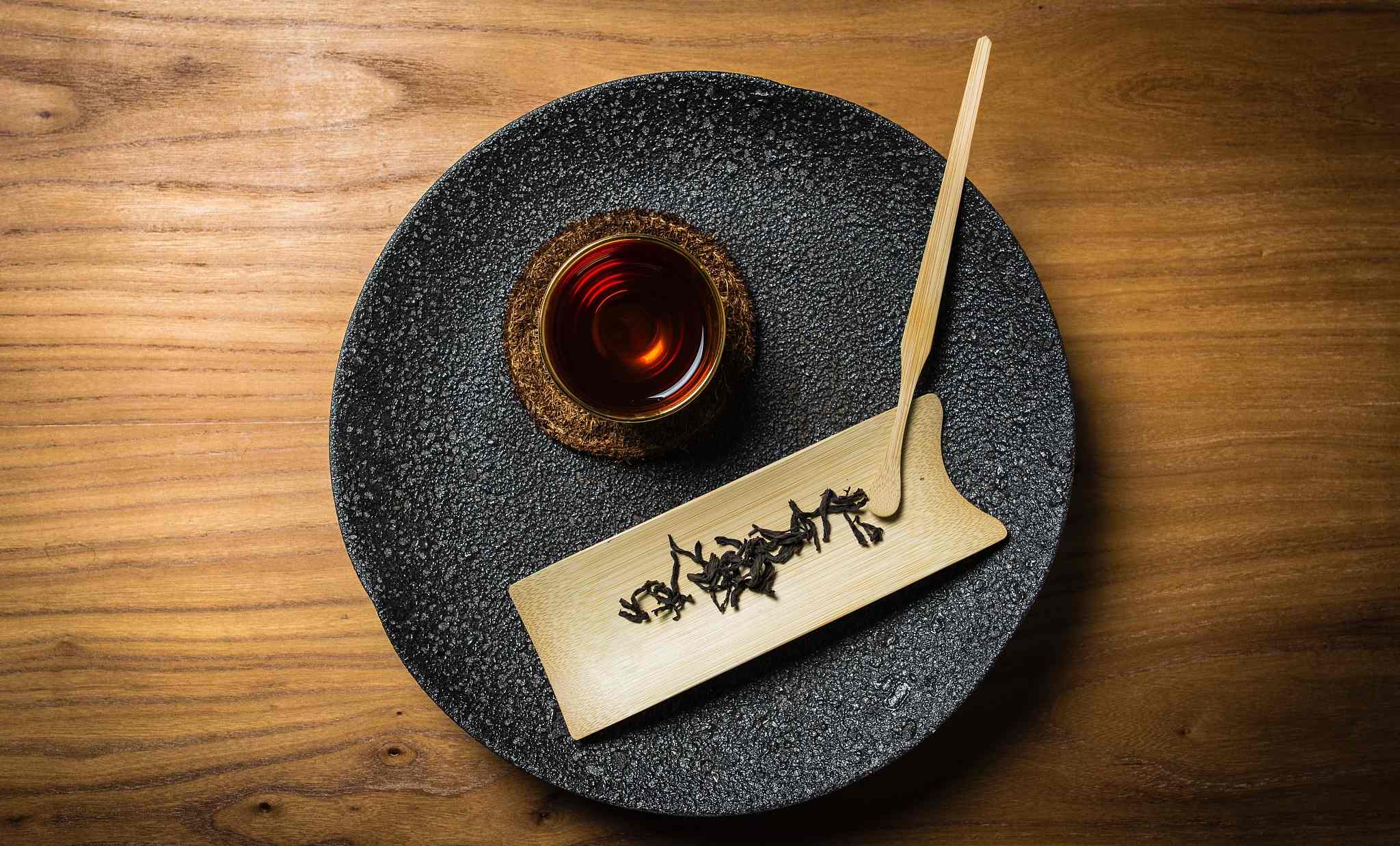
VCG Photo
VCG Photo
Although a businessman, Liu spends most of his time in the tea field. He even learned to use a smartphone and social apps in recent years. His future plan is all about tea. He wants to become a great tea craftsman like his father. For him, "People are like tea leaves. Only when you underwent the toughest process, can you gain the unparalleled charm.”

The story is one in The 1.3 Billion series exploring the diverse lives that make up China.
The story is one in The 1.3 Billion series exploring the diverse lives that make up China.

SITEMAP
Copyright © 2018 CGTN. Beijing ICP prepared NO.16065310-3
Copyright © 2018 CGTN. Beijing ICP prepared NO.16065310-3